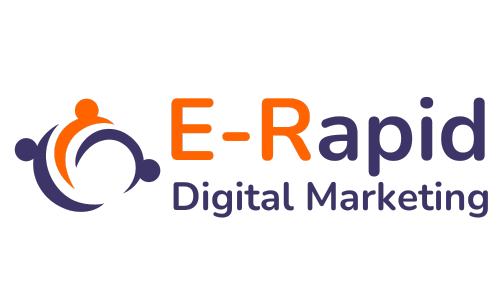Debunking Common Myths About Digital Marketing

In today's digital age, marketing has evolved significantly, and businesses must adapt to stay competitive. However, there are several myths and misconceptions about digital marketing that can hinder the success of businesses. In this article, we will debunk three common myths about digital marketing and shed light on the truth behind them.

Myth 1: Digital Marketing is Only for Big Businesses
One prevailing myth is that digital marketing is exclusively suitable for large businesses with substantial budgets. This couldn't be further from the truth. Digital marketing strategies can be tailored to fit businesses of all sizes and budgets. Small and medium-sized enterprises can leverage cost-effective tactics such as social media marketing, email marketing, content creation, and targeted advertising. The key lies in understanding the target audience and implementing strategies that resonate with them, regardless of the size of the business.
Myth 2: Digital Marketing Delivers Instant Results
It's a common misconception that digital marketing provides instant results. While digital marketing can be highly effective, it requires time and effort to yield significant results. Building brand awareness, expanding reach, and generating leads through digital channels take consistent effort and a strategic approach. It's crucial to set realistic expectations and understand that digital marketing is a long-term investment that requires patience and continuous optimization. By implementing a well-thought-out digital marketing strategy and consistently refining it, businesses can achieve sustainable growth over time.
Myth 3: SEO is No Longer Relevant

With the rise of paid advertising and social media marketing, some believe that Search Engine Optimization (SEO) is no longer relevant. However, this myth couldn't be further from the truth. SEO remains a crucial component of any successful digital marketing strategy. Search engines like Google still play a significant role in driving organic traffic to websites. By optimizing web content, utilizing relevant keywords, improving site speed, and focusing on user experience, businesses can improve their search engine rankings and attract targeted organic traffic. SEO should be considered an essential element of a comprehensive digital marketing plan.

Conclusion
Digital marketing is a dynamic and ever-evolving field, and it's essential to separate myths from reality to make informed decisions. Small businesses can benefit from digital marketing strategies tailored to their needs, understanding that it's a long-term investment requiring patience and consistent effort. Additionally, SEO continues to be a vital aspect of digital marketing, contributing to the organic visibility and success of businesses online. By debunking these myths and embracing the true potential of digital marketing, businesses can position themselves for growth and success in the digital landscape. Remember, when it comes to digital marketing, staying informed and adapting to emerging trends and strategies is key to staying ahead of the competition.

